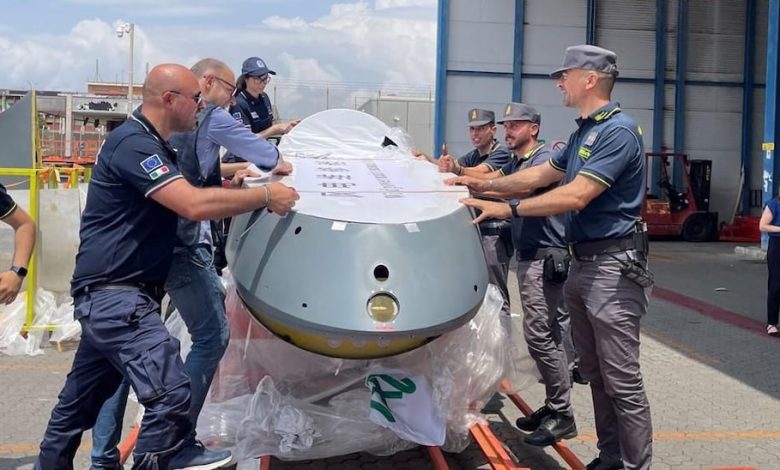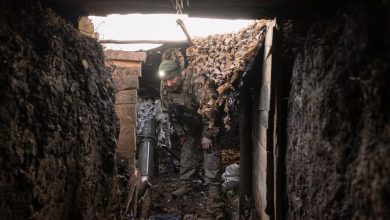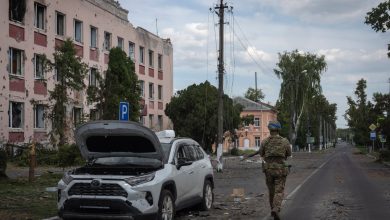Chinese COVID aid to Libya is labeled a plot for smuggling war drones

ROME — Chinese officials have been accused of plotting to dodge UN sanctions and smuggle military grade drones to a Libyan warlord using COVID-19 assistance as cover.
Chinese state officials allegedly conspired to seal the planned $1 billion deal to send 42 drones to Libyan general Khalifa Haftar using corrupt UN officials as middlemen, a Canadian investigator has claimed.
“The Chinese government seems to have approved a strategy to aid Libya in the procurement and delivery of military equipment through designated and approved companies to obscure the direct involvement of government agencies,” the investigator stated.
The accusations are contained in court documents submitted in Montreal and related to conspiracy charges made in April against two Libyan nationals working in Canada at the International Civil Aviation Organization, a UN agency.
The allegations have not been tested in court, with a preliminary hearing expected around March next year.
Using FBI intercepts, the Royal Canadian Mounted Police studied the men’s email histories and stumbled on alleged plots to sell Libyan oil to China and buy drones between 2018 and 2021.
“This scheme appears to be a deliberate attempt to circumvent UN sanctions that were in effect at the time,” states the report by an unnamed Canadian investigator, which was presented to obtain court orders to allow police access to the men’s phones.
The alleged recipient of the drones was Gen. Haftar, the Russian-backed strongman running eastern Libya who unsuccessfully tried to conquer western Libya in 2020.
The aim of the deal was “‘using war to end war quickly’ without attracting the attention of the international community,” the Canadian officer and author of the report writes, adding that “the fight against the Coronavirus” could be used as a cover for shipments.
Libyan Mahmud Mohamed Elsuwaye Sayeh, who is still at large, is accused of involvement in the drone deal, while Fathi Ben Ahmed Mhaouek, who was arrested, is accused of involvement in the oil deal.
“My client will plead not guilty – he denies all wrongdoing,” said Mhaouek’s lawyer in Canada, Andrew Barbacki.
The court documents also accuse a U.S. citizen, who has not been charged, of involvement.
The investigators found a May 2020 message from Sayeh to an official at the Chinese ministry of foreign affairs, setting up meaning with the Chinese ambassador in Egypt.
Sayeh “requests” a meeting between the ambassador and a Libyan military official close to Haftar, Major General Aoun Al-Ferjani.
In messages, the drones are “clearly described with weaponry, attack and lethal strike capabilities.”
The officer writes that investigators are unsure if the deal went through or if talks failed.
It is unclear whether the alleged deal is linked to the July seizure of Chinese drones at an Italian port. The shipment was headed to Benghazi, a Libyan port controlled by Haftar.
Packed on a container ship, the drones were disguised as wind turbines components.
Tom Kington is the Italy correspondent for Defense News.







